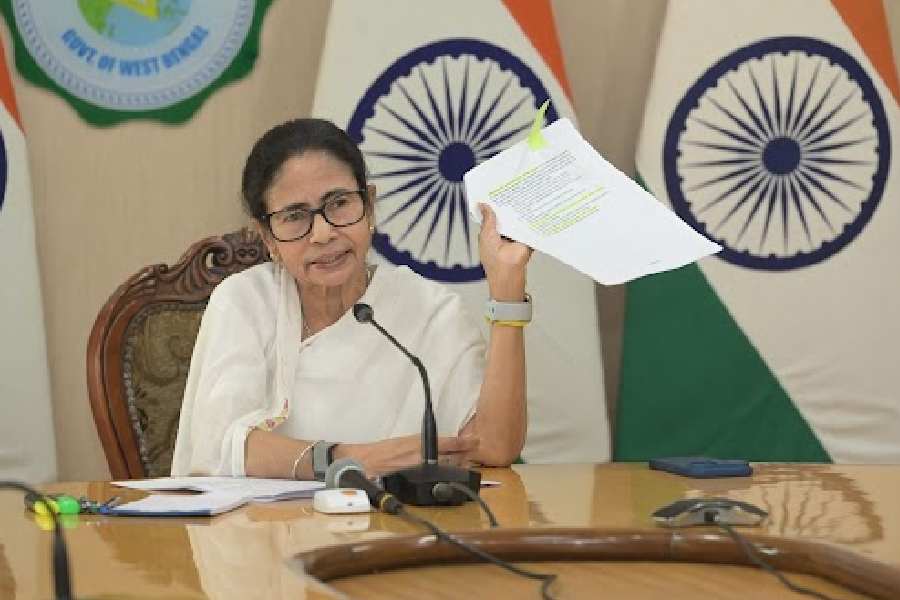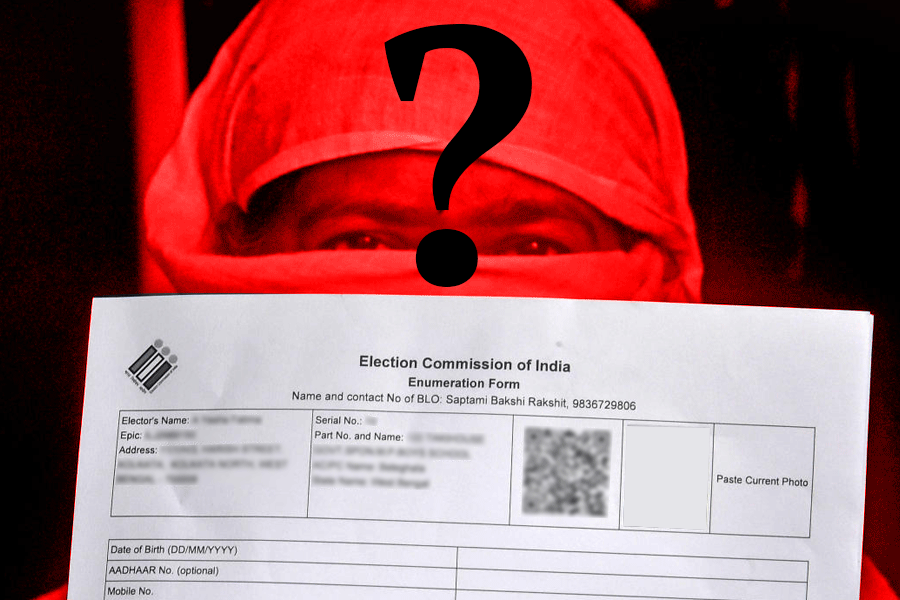 |
Beijing, Aug. 24: On the Olympics medal table, gold is not everything but the only thing.
So, China is tops by a mile, with 51 golds against second-placed America’s 36, despite trailing in the overall medal count.
The drubbing surely had nothing to do with the US embassy in Beijing playing party pooper before the closing ceremony by criticising China’s refusal to show “greater tolerance” for democratic rights during the Games.
But again, could it have been a subtle way of demanding more tolerance for the baser metals, an equal, “democratic” say for gold, silver and bronze?
That would put the US on top, with 110 medals to China’s “perfect” finish of 100. Support will be assured from the French whose team, with 40 medals, is two places below Japan, which has just 25 medals but nine golds to France’s seven.
Yet it would surely be unfair – a bronze is hardly as good as gold, whatever Indian boxing and wrestling coaches may say. So how does one do the apples-and-oranges sum?
US baseball manager Davey Johnson may have the answer. Asked yesterday how he would get his team up to play for a bronze, he said: “Oh, the money usually does a pretty good job of that.”
The US Olympic Committee pays $25,000 to each athlete for a gold, $15,000 for silver and $10,000 for bronze. So there’s your market-based system.
China, however, still wins narrowly -- $1,870,000 to America’s $1,830,000. If only the US men’s and women’s 4x100 relay teams hadn’t dropped their batons in the heats!
And if only the USOC had been a little more “democratic” about prize money for silver and bronze!
India, for all its new-found respect for the market, might feel a bit iffy about the formula: it gets downgraded from 50th to 51st. While India jumps above Portugal, Belgium, Estonia and Dominican Republic, it gets superseded by five countries with no gold but lots of silver and bronze: Sweden, Croatia, Lithuania, Greece and Armenia.
Besides, even US market leaders may not agree. It was Nike that had coined the slogan “You don’t win silver, you lose gold” – and surely not just because it had sweatshops in China.
One way the US can beat China is by the democratic method of headcount – population divided by golds won so every citizen counts equally. The score: US has one gold for every 8.5 million and China, one for every 27.5 million.
The trouble is, both are beaten hollow by Jamaica which, with 2.7 million people, has one gold for every 450,000. Australia has one per 1.5 million and, horror of horrors, Cuba has one per 5.6 million.
India, with one per 1.1 billion, would be last among the 55 gold winners.
Most weaker sporting nations wouldn’t care which way the issue is settled. They have had a satisfying Games, with a record 87 countries winning medals, seven more than the previous high in Sydney 2000. A dozen, like Togo and Mauritius, have won either their first gold or first medal.
China’s 51 golds – in 25 different sports -- is the largest since the Soviet Union won 55 in Seoul 1988. Not since 1936, when Nazi Germany prevailed at Berlin, had a country other than the US or the USSR/Russia headed the table.
With the US losing top spot the first time since 1992, there was admiration for China from American sport officials. “The resources that they put toward their Olympic team and the population base and the dedication is fantastic,” said USOC boss Peter Ueberroth.
But Washington wasn’t too impressed. “We are disappointed that China has not used the… Olympics to demonstrate greater tolerance and openness,” the US embassy said.
“We encourage… China to demonstrate respect for human rights, including freedom of expression and freedom of religion, of all people during the Olympic Games and beyond.”
A British woman, Amanda McKeown, 41, remains in jail in China after she helped three other protesters unfurl a “Free Tibet” banner outside the National Stadium on Thursday.
Beijing has blocked all websites it deems seditious, and blacklisted Apple’s iTunes music store after it offered a pro-Tibet charity album for download.
Even Chinese who applied to demonstrate in the official “protest pens”, set up at the behest of the International Olympic Committee, have been arrested.
Written with The Washington Post, The Sunday Telegraph and AP reports










